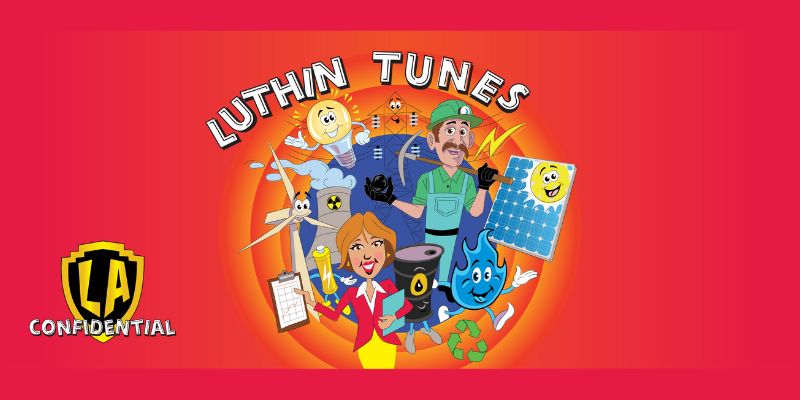
Could eating seaweed save the climate?
Cows are a significant source of methane, which is a powerful greenhouse gas, primarily from belching as they digest grass and feed (with more coming out the cow’s back end). But recent research found that mixing in a tiny amount (0.5%) of a type of seaweed into their food greatly cuts methane output, with no negative impact on milk production. Emissions related to growing the seaweed, and cow output of bromoform (bad for the ozone layer), slightly reduce the climate-saving value of this option, but further research looks to optimize this promising opportunity.
For more details, see Feeding cows seaweed could reduce their methane emissions – Anthropocene Magazine




